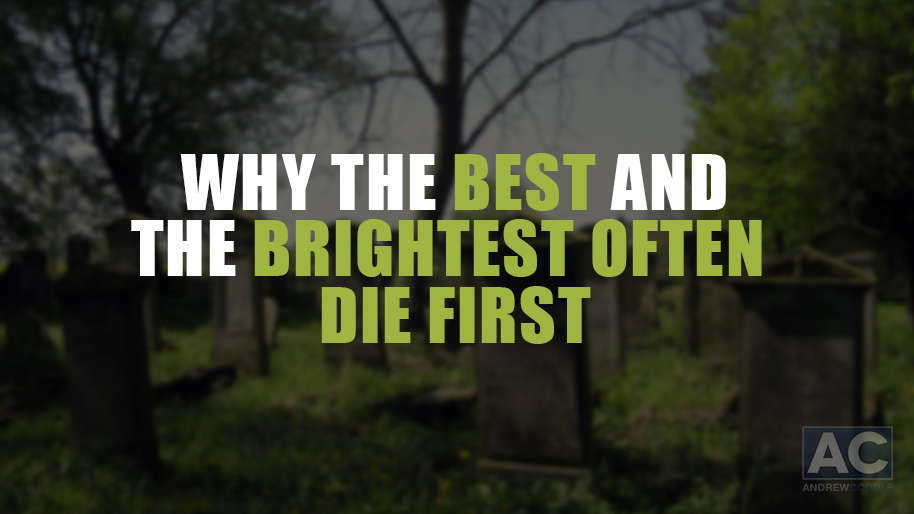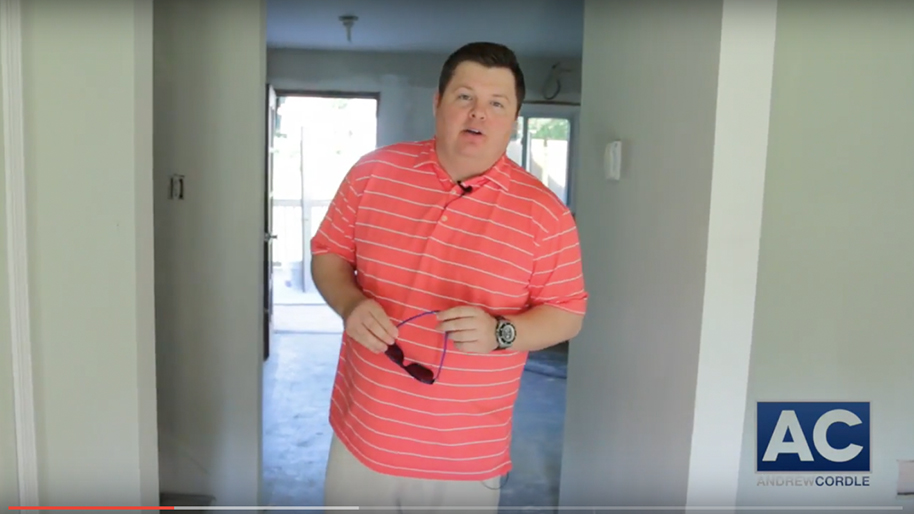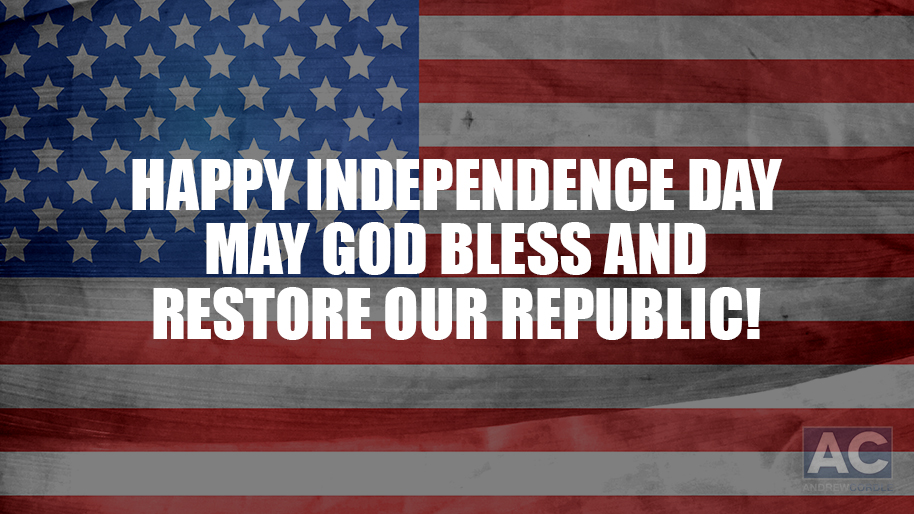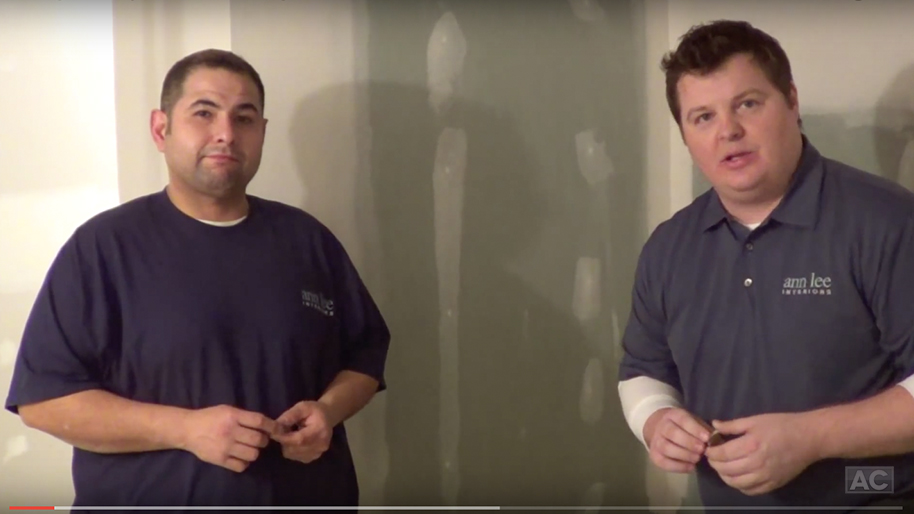There Are Things You Can Control
August 17, 2015

Thirty-five year old George Cowan, a Civil War veteran who had moved to Helena, Montana, to prospect for gold and to work as a lawyer, was thinking of some way to console his wife Emma, who had just lost their first child. Emma was 24 years old. Five years earlier, Yellowstone National Park had been officially dedicated and opened to the public for tourism. Wondering if it would be safe to take his young wife there for some camping and fishing, George spoke to an army scout from the area who said, “You will be as safe in the park as in New York City.”
On August 5, 1877, George and Emma, accompanied by Emma’s brother Frank, her sister Ida and 6 other men, left their home for Yellowstone. Nine days later, the group was in their camp in Yellowstone preparing to go fishing only to find themselves surrounded by Indians from the Nez Perce tribe. The Nez Perce had been living in the Wallowa Valley area of Washington State. They had felt forced to leave by encroaching cattlemen. They felt a new home with the Crow Indians of Eastern Montana would be more accommodating. That or they could migrate to Canada to join the Sioux Indians there.
The federal government ordered them to stay in Wallowa temporarily until a better arrangement could be negotiated, but the Nez Perce decided to strike out east on their own. Attempting to prevent their movement, a drunken band of soldiers fell upon a smaller group of the Nez Perce and killed nearly 100 of them, mostly woman and children. Now the Nez Perce felt the bitterness and heavy hand of the federal government and decided to covertly move to Canada and escape. They were passing through Yellowstone on their journey when they met the tourists of George Cowan’s party. On their two-year anniversary, George and Emma found themselves in the middle of the last great frontier Indian battle of the USA.
Emma heard Indians outside of their tent. George, fearing that some bandits may be attempting to steal their provisions, grabbed his shotgun and headed out to meet the intruders. The Indians were indeed trying to talk some of Cowan’s party out of provisions, but George insisted no one would take them without a fight. George’s legal training along with his stubbornness caused him to argue with the Indians who were well-armed and in superior numbers. Years later, George confessed to his daughter Ethel that perhaps his well-known bluntness might have escalated the situation. His great-granddaughter said, “I think my great-grandfather realized he could’ve handled it a little more diplomatically. It’s one of those incidents where hot-headedness prevailed both with the young Indians and my great-grandfather.”
The Indians began to escort the Cowan party to their chiefs at the main camp. The chiefs wished to free them but only if they would surrender their fresh horses, most of their food and all the ammunition. With not much choice, the Cowan party began their trek back to civilization. The Indians warned them to stay off the main trails because of some of the renegade younger warriors who were still set on vengeance over the recent slaughter of the nearly 100 Nez Perce.
The Cowan party did not follow the warnings and found themselves again surrounded by 75 young men ages 18-25. Shots rang out, there was much confusion, but George was hit in his left thigh. He tried jumping off his horse but his leg buckled and he rolled down a small hill and came to rest against a fallen tree. Emma ran to her husband, wrapping her arms around his head. Two Indians wrestled her away, one of them pointing a large dragoon pistol at George’s head. He shot George in the left forehead.
They then threw rocks at George’s head and left him for dead, taking the other members as captives. Back in the presence of the chiefs, the young Indian behavior was met with much anger and disapproval. The chiefs knew such incidents would only escalate the army’s intent to hunt them down and punish them. The chiefs saw to it that no one in the Cowan party was injured. Emma later remarked on that time, “Truly a quality of mercy was shown to us.”
After a few hours, George awoke. “My head felt as large as a mountain.” He was covered with blood and slowly his memory returned. He tried to stand using tree limbs. He saw an Indian watching him from a distance, saw the Indian kneel with a rifle and take aim and felt the bullet pierce his back and exit his lower left stomach before he heard the report of the rifle. Then he fell down and waited nearly a half hour before trying to rise again and determine if the Indian had left, aware now that the Indians had carried off his wife.
Over the next 60 hours, George Cowan crawled on his belly for 9 miles. His legs were paralyzed. He first crawled to a stream to drink; his pangs of thirst were intolerable. He crawled next to a previous campsite and found some coffee beans, which he managed to grind with a rock and make some coffee. He also found his dog alive at a second camp he crawled to. The joy of seeing his dog was rejuvenating, the reunion of them both, mutual.
Two army scouts discovered him at this second camp. They gave him some hard tack (biscuits) and more coffee and a blanket, then built a fire to warm him, but left him on his own telling him that the main army unit would arrive the next day to help him. The fire caught the woods afire and George had to crawl out of the fire burning his hands, stomach and face. The army did arrive the next day and three weeks later they rescued Emma and the others unharmed.
Several times during that grueling ordeal, George did not think he could make it. Pain, blood loss, forced to crawl 9 miles on his elbows and belly, unquenchable thirst – all combined to make him nearly wish himself dead. “No one can imagine my thoughts during that time,” George said. “I supposed that I was the only one of the party left unless it be my wife, and the speculations upon her fate almost set me mad. It was horrible.” Another time, after having eaten the biscuits, his desire for life returned and, “the spirit of revenge took complete possession of me.”
George and Emma fully recovered, including his paralyzed legs. A doctor extracted a huge slug from George’s skull. George had it fabricated into a fob for his pocket watch. George and Emma returned to Yellowstone 3 more times, each time re-visiting the memorable spots from their first trip.
The Nez Perce’s ending was not nearly as positive. They were caught and shipped overland like cattle to a reservation, many dying on the trip, their fate like so many other Indian tribes. One bright spot – A great great grandson of the chief from that 1877 event is now a park ranger at Yellowstone. He has met with the great-granddaughter of the Cowan’s and they have exchanged their families’ stories of those early days.
George Cowan’s remarkable survival highlights important lessons for those of us today. Many of the perilous predicaments we encounter are partially, if not substantially, self-inflicted. By George’s own admission, his stubbornness and hot-headedness escalated the confrontation rather than suppressing it.
Our news outlets abound nearly weekly with reports of conflict between law enforcement officers and citizens – Ferguson, MO; Baltimore, MD; New York City, NY; Chicago, IL; et al – all showing smartly-trained officials losing their composure and over-reacting or escalating the conflict. The end result? Someone shot or killed or strangled or severely injured. It might be a 12-year old holding a toy gun or a young woman stopped for not using a turn signal or a family man reaching for his license and registration who become a victim of someone’s elevated emotions.
Minor incidents become life-threatening when we allow anger and stubbornness to take control of our thoughts words and actions. George’s story is phenomenal, but it didn’t have to happen. Remember, there are things you can control and things you can’t. Be sure you control what you can. That may not keep you safe from an air crash like Nando Praddo suffered or from a climbing accident like Joe Simpson, but it could keep you from many other wilderness encounters. A hot-head is not needed anywhere in business. Not in marriage, not in parenting. Not in any part of a successful person’s life. Anger is the leading cause for conflict.
Another important thought from George Cowan’s ordeal: George desperately needed food, water, and rest to survive. His survival depended on those three. Just today my mentor told me of another business man in my field who is in a desperate struggle with his real estate company. The man’s health is deteriorating and because of that he is making unwise decisions. My mentor counseled the man to get full rest, 8-9 hours each night, to eat 3 healthy meals at the same time daily and to be sure to get outside everyday for an hour-long walk or similar exercise.
Many of the magic turnarounds from business despair to business success are due to getting good rest. A recent sleep study stated that diminished sleep corrupts the memory network in our brains. Our brains do their most important inventorying while we are at rest. Again, there are things we can control….and those three – proper eating, rest, exercise – are controllable.
The hyper-busy career person is always tempted to run on sleep-deficits. Also poor and excess food choices (food often being a comfort drug rather than a refueling tool) and exercise abstinence. Why? Why do smart people always think they are smarter than the facts and laws of nature? If you really think you want to succeed, give yourself a chance to do so. Don’t cripple yourself with unsuccessful habits.
Lastly, George nearly gave up. Yet the thought of his wife and what the Indians may have done to her spurred him on. Strong healthy relationships are uber-important for sustaining us through the survival times. A recent article in an aviation publication gave a list of high-tech devices to help survive crashes. But, the facts tell the story that it is mental toughness and discipline that causes survivors to be just that. Mental toughness includes the will to live for the sake of someone whom they love. One person put it succinctly. “You may be able to love your way out of the wilderness”. Meaning, the love you have for someone dear to you. Spouse, child, parent, or friend could be the difference in gritting your teeth and finding a way out or rolling over and succumbing to pain, injury, and defeat.
A strong supportive loving spouse can sometimes keep your life from the tripping point. An affectionate and loving family may be just the antidote for the catastrophic failure one is facing in life. Investing in your marriage or family or friendships isn’t just a good idea. It may well pull you through your darkest days when the “Indians” have surrounded you. When they are taking shots at you and throwing rocks at you. Again, there are some things you can control. Before you even get to that point. Control them.













